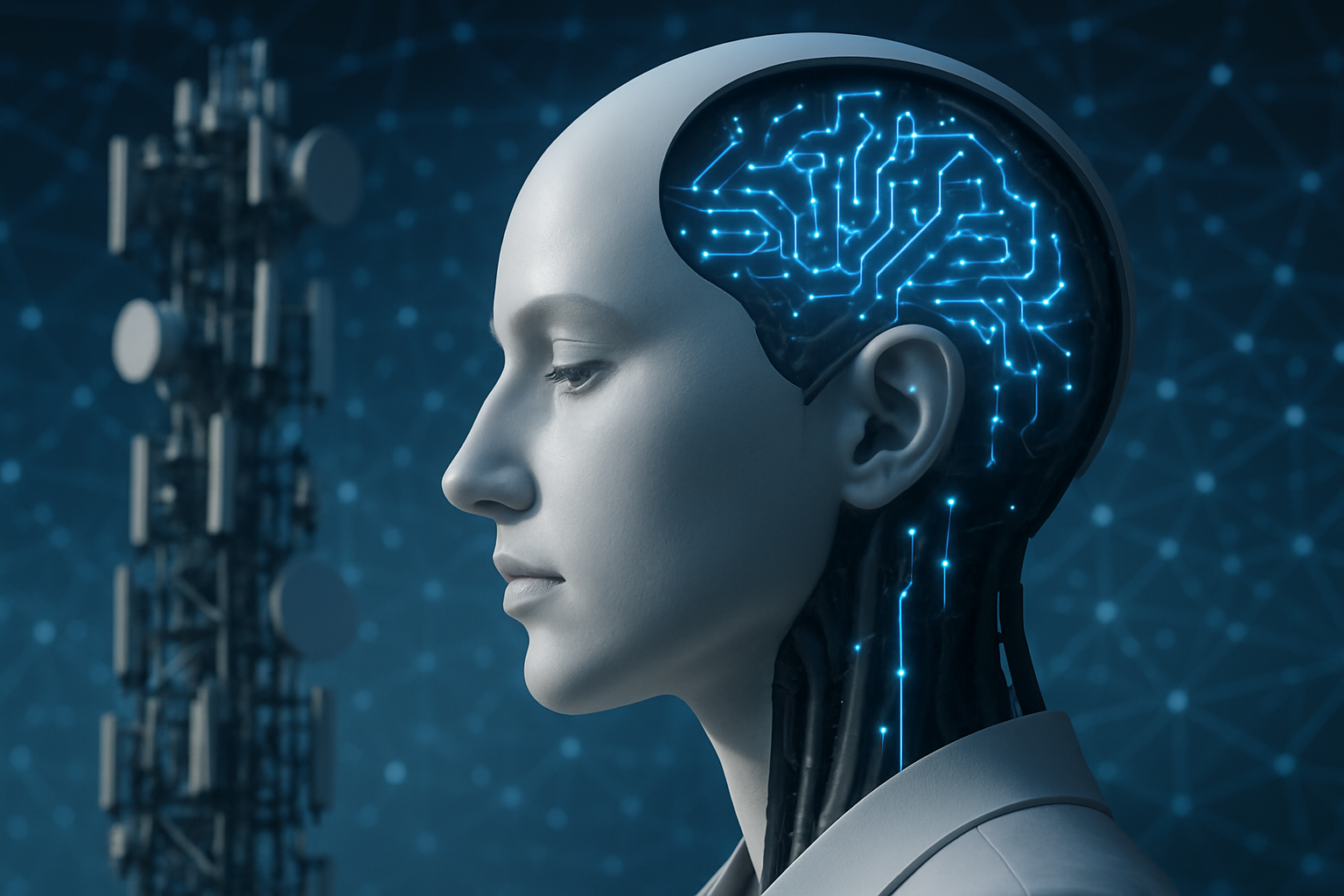Artificial Intelligence: Exploring the Future of Technology
Artificial Intelligence (AI) has become one of the most transformative technologies of our time, revolutionizing industries and reshaping the way we live and work. As AI continues to evolve, its impact on society grows exponentially, opening up new possibilities and challenges. This article delves into the world of AI, exploring its applications, potential, and the importance of education in this rapidly advancing field.

At its core, AI relies on machine learning, a subset of AI that enables systems to learn and improve from experience without being explicitly programmed. This ability to learn and adapt is what makes AI so powerful and versatile, allowing it to tackle complex problems and continuously improve its performance over time.
What are the main applications of AI in today’s world?
AI has found its way into numerous aspects of our daily lives, often in ways we may not even realize. Some of the most prominent applications of AI include:
-
Virtual assistants: Siri, Alexa, and Google Assistant use AI to understand and respond to voice commands.
-
Recommendation systems: Streaming platforms like Netflix and e-commerce sites like Amazon use AI to suggest content or products based on user preferences.
-
Autonomous vehicles: Self-driving cars rely on AI to navigate roads and make real-time decisions.
-
Healthcare: AI is used for disease diagnosis, drug discovery, and personalized treatment plans.
-
Financial services: AI algorithms are employed for fraud detection, risk assessment, and algorithmic trading.
-
Manufacturing: AI-powered robots and predictive maintenance systems optimize production processes.
As AI technology continues to advance, we can expect to see even more innovative applications across various industries.
Why is AI education becoming increasingly important?
As AI becomes more prevalent in our society, the demand for professionals with AI expertise is skyrocketing. Understanding AI and its underlying principles is becoming crucial for individuals across various fields, not just those in technology-related roles. Here’s why AI education is gaining importance:
-
Career opportunities: AI specialists are highly sought after, with lucrative job prospects in diverse industries.
-
Staying competitive: As AI transforms businesses, professionals who understand and can leverage AI will have a significant advantage in the job market.
-
Ethical considerations: Education helps individuals understand the ethical implications and potential biases of AI systems, ensuring responsible development and deployment.
-
Innovation potential: Knowledge of AI enables individuals to identify new opportunities for innovation and problem-solving in their respective fields.
-
Adaptation to change: As AI continues to evolve, ongoing education helps professionals stay up-to-date with the latest advancements and trends.
What types of AI courses and certificates are available?
To meet the growing demand for AI education, numerous courses and certificate programs have emerged. These offerings cater to different skill levels and areas of focus within the AI field. Some popular options include:
-
Introduction to AI: Foundational courses covering basic concepts and applications of AI.
-
Machine Learning: Focused programs on the core principles and algorithms of machine learning.
-
Deep Learning: Advanced courses exploring neural networks and their applications in AI.
-
Natural Language Processing: Specialized programs on AI techniques for processing and understanding human language.
-
Computer Vision: Courses dedicated to AI applications in image and video analysis.
-
AI Ethics: Programs addressing the ethical considerations and responsible development of AI systems.
| Course Provider | Course Name | Duration | Certificate Offered |
|---|---|---|---|
| Coursera | AI for Everyone | 4 weeks | Yes |
| edX | Introduction to Artificial Intelligence (AI) | 12 weeks | Yes |
| Udacity | Intro to Machine Learning | 4 months | Nanodegree |
| Google AI | Machine Learning Crash Course | 15 hours | No |
| MIT OpenCourseWare | Artificial Intelligence | 1 semester | No |
Prices, rates, or cost estimates mentioned in this article are based on the latest available information but may change over time. Independent research is advised before making financial decisions.
How can individuals prepare for a career in AI?
For those interested in pursuing a career in AI, there are several steps to consider:
-
Build a strong foundation: Develop skills in mathematics, statistics, and programming languages such as Python or R.
-
Gain practical experience: Work on personal projects or contribute to open-source AI initiatives to build a portfolio.
-
Stay updated: Follow AI news, research papers, and attend conferences or webinars to keep up with the latest developments.
-
Network: Connect with AI professionals and join relevant online communities to learn from others and discover opportunities.
-
Pursue formal education: Consider enrolling in AI-specific degree programs or completing online courses and certifications.
-
Develop soft skills: Enhance problem-solving, critical thinking, and communication skills, which are essential in the AI field.
As AI continues to evolve and shape our world, understanding its principles and applications becomes increasingly valuable. Whether you’re a seasoned professional looking to expand your skillset or a student exploring career options, investing in AI education can open doors to exciting opportunities and help you stay at the forefront of technological innovation.





